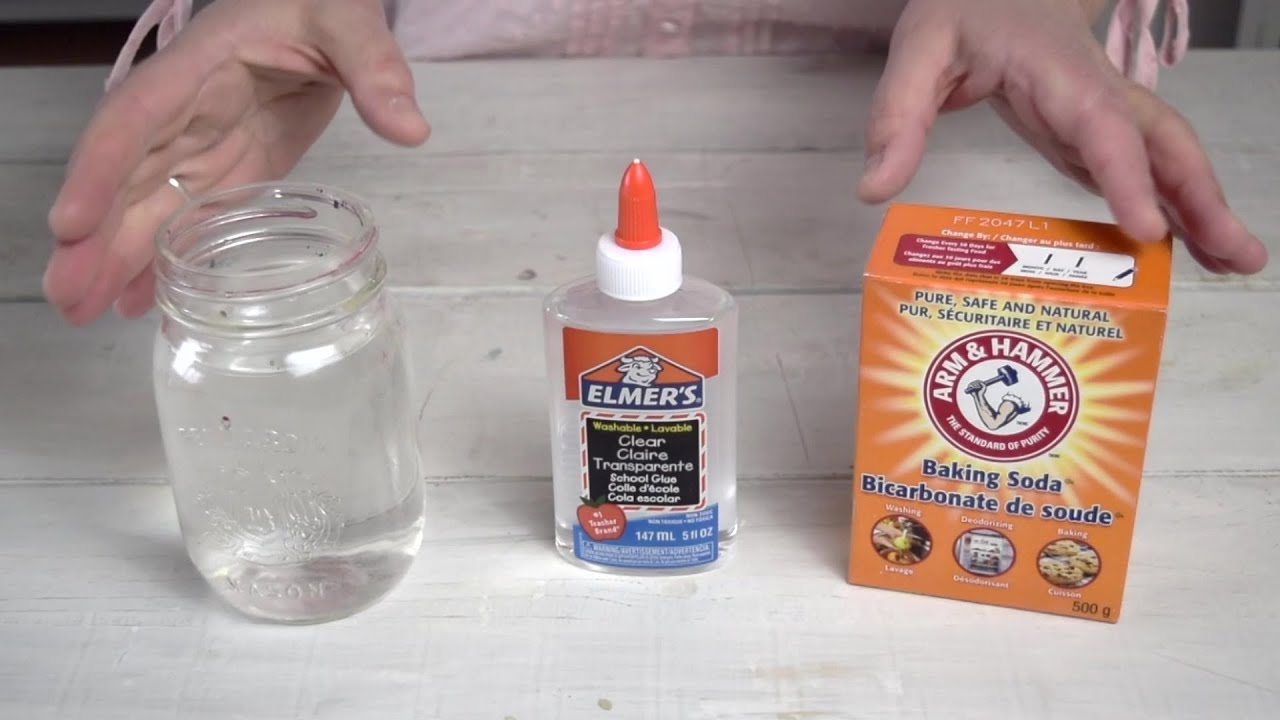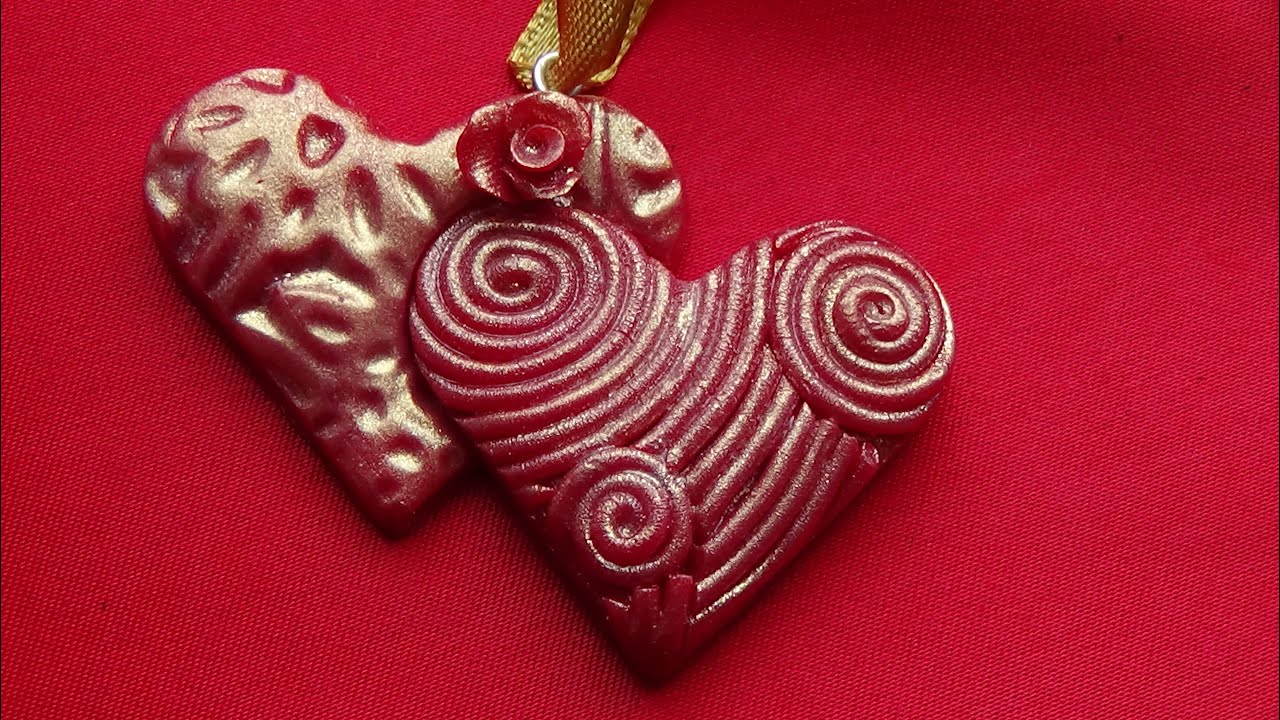
We convey to your consideration a grasp class on making a polymer clay bracelet with your individual arms. Creating such crafts would require a while and perseverance from you, so be affected person! A step-by-step instruction with a photograph will inform you what precisely must be executed and in what sequence.
Table of Contents
TOOLS AND MATERIALS
Time: 1-1.5 hours • Issue: 7/10
- cream polymer clay;
- rectangular form with rounded edges (such molds are used to make cookies);
- darkish brown acrylic paint and brush;
- varnish for polymer clay;
- toothpicks;
- platen;
- pure espresso beans;
- beads or massive beads of golden hues;
- mononite;
- connecting rings;
- spherical nostril pliers;
- needle.
Polymer clay or plastic is a common materials for learners and skilled craftsmen. It’s simple to make use of, cheap, and crafts crafted from it look fascinating and delightful.
The important thing level of this grasp class is the creation of a clean for the bracelet and using stamps from pure espresso beans. After all, you need to use bought ready-made stamps, however consider me, with a espresso stamp, the craft will look very enticing and recent!
STEP-BY-STEP INSTRUCTION
So, methods to make a polymer clay bracelet with your individual arms and with none trouble? Let’s begin our grasp class!
STEP 1: KNEADING THE CLAY
- Separate a small piece from the plastic block. Knead it nicely between your fingers.
- Then roll it right into a disk. Fold in half and roll out once more. Knead the clay till it is able to work.
STEP 2: WORK WITH THE MOLD
As quickly as the fabric turns into mushy, twist it right into a roll and roll it right into a layer 6 mm thick. Utilizing a mould, squeeze out an oblong determine with barely rounded edges.
STEP 3: MAKING A MOLD
Take a number of espresso beans of roughly the identical dimension. Press the grains into the plastic with the flat facet down.
Should you do not succeed the primary time, don’t be concerned! You possibly can at all times roll up an unsuccessful clean, roll it out and extrude a brand new rectangle!

STEP 4: MAKING HOLES
Utilizing a toothpick, poke a number of holes on the left and proper facet of the workpiece. Due to this, you may then connect beads or beads to the plate.
STEP 5: BAKE
Bake the figurine within the oven for the period of time that’s prescribed within the directions for plastic.
STEP 6: FINISHING WHILE IT’S HOT
Scorching clay nonetheless retains slightly plasticity and could be bent barely with out breaking. Subsequently, as quickly because the product is baked, take away it sizzling from the oven and barely bend the sample up: it will present the workpiece with a barely convex form.
This step is non-obligatory, particularly in case your children are engaged on a venture! In any case, they’re nonetheless so inexperienced and might get burned!
STEP 7: PAINT
Paint the cooled plate with chocolate-colored acrylic paint. Whereas the paint remains to be moist, wipe it off the raised surfaces with a humid paper towel.

STEP 8: APPLY VARNISH
Lastly, coat the workpiece with a number of layers of polymer clay varnish. Ensure that the earlier layer is dry earlier than making use of the following layer.
STEP 9: DECORATE
When the workpiece is totally dry, connect a pair of threads with beads or beads to it. Attempt to connect the threads in order that the bracelet suits snugly on the arm, however on the similar time it’s freely worn on it. Effectively, nicely – our polymer clay bracelet is prepared! Did you succeed?

Utilizing this system, you may make any blanks for a bracelet, earrings or necklace. You possibly can apply any stamps you need, after which paint them within the coloration you need. How would you make such a bracelet? Write within the feedback!


